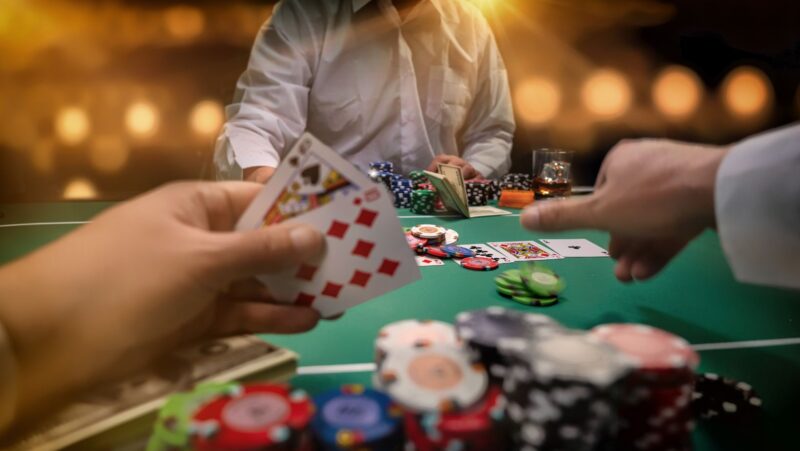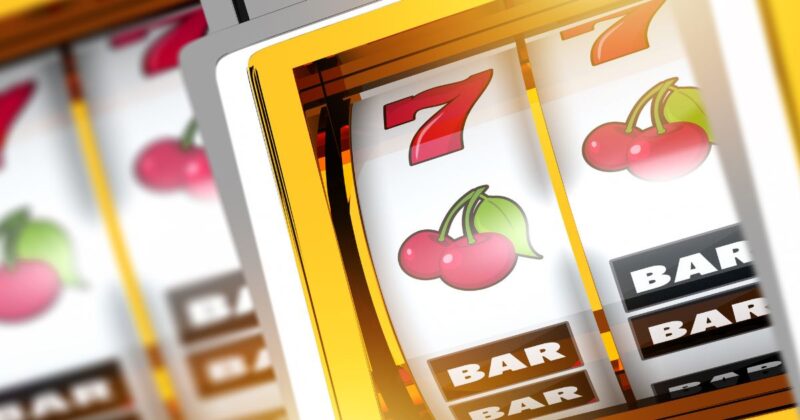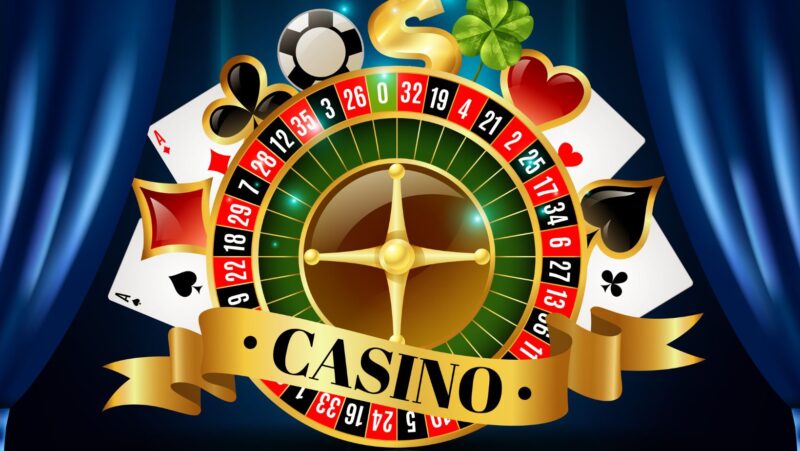
Imagine the thrill of placing a bet, the tension as the dice roll, and the adrenaline rush when you win in online casino Joo. Gambling is a seductive activity that has captivated millions of people worldwide. But what drives someone to gamble? What goes on inside the mind of a gambler? In this article, we’ll delve into the psychology of risk-taking and addiction, uncovering the hidden forces that drive gamblers to take chances and, in some cases, develop unhealthy habits.
The Allure of Gambling: A Complex Web of Motivations
- The Thrill of Risk: For many, the thrill of taking a risk is a significant factor in the appeal of gambling. The uncertainty of outcomes, coupled with the potential for significant rewards, can create a powerful adrenaline rush that some gamblers find irresistible.
- Socialization: Gambling can also be a social activity, with friends and family gathering to participate or simply watching and enjoying the excitement. The camaraderie and shared experiences can be strong motivator for some casino players.
- Escape from Reality: For some individuals, betting offers an escape from the stresses and challenges of daily life. Immersing themselves in the world of chance can provide a temporary respite from reality, allowing them to forget their problems for a short time.
- The Illusion of Control: Many gamblers mistakenly believe that they have some control over the outcome of their bets. This false sense of control can make gambling feel like a game of skill rather than a game of chance, increasing its allure.
The Brain’s Reward System: Fuelling the Desire for More
The human brain is wired to seek rewards, and gambling can trigger the release of dopamine, a neurotransmitter associated with pleasure and reward. This dopamine release is part of what makes casino playing so enjoyable and enticing. However, this biological response can also contribute to the development of addiction.

When a gambler experiences a win, the brain’s reward system is activated, releasing dopamine and reinforcing the behavior. Over time, the brain may begin to crave the dopamine rush associated with gambling, leading to an increased desire to gamble and a higher tolerance for risk.
The Slippery Slope of Problem Gambling
For some, the allure of online casino playing can become an obsession, leading to the development of problem gambling or gambling addiction. These individuals may find themselves unable to resist the urge to gamble, even when it has negative consequences for their lives. Three key factors contribute to the development of problem betting:
- Cognitive Distortions: Problem players often hold irrational beliefs about their abilities and the nature of this type of entertainment. They may believe they have a unique skill or system that will guarantee a win, or they may believe that a win is just around the corner, despite mounting losses.
- Loss of Control: As gambling becomes an addiction, individuals may find it increasingly difficult to control their urges to gamble. They may spend more time and money on betting than they intended, neglecting other areas of their lives in the process.
- Negative Consequences: Problem gambling can have severe repercussions, including financial strain, damaged relationships, and mental health issues. Despite these negative consequences, the addicted gambler continues to chase the thrill of the win.
Overcoming Gambling Addiction: The Road to Recovery
Recovering from gambling addiction is a challenging process, but it is possible with the right support and resources. Treatment options may include therapy, support groups, and medication to address the underlying psychological factors driving the craving.

By understanding the complex motivations and psychological factors behind gambling dependence, those affected can begin to regain control over their lives and break free from the destructive cycle of addiction.
To Conclude
Gambling is a tempting and alluring activity that captivates many individuals worldwide. The rush of adrenaline, the thrill of risk-taking, and the promise of rewards can be irresistible. However, the hidden forces that drive gamblers to take chances and develop addiction are complex and often difficult to overcome. Problem casino playing can lead to financial strain, damaged relationships, and mental health issues, making it a destructive cycle that must be broken. But with the right support and resources, recovery is possible. It’s essential to understand the underlying psychological factors that contribute to gambling addiction and to seek help to regain control over one’s life.












